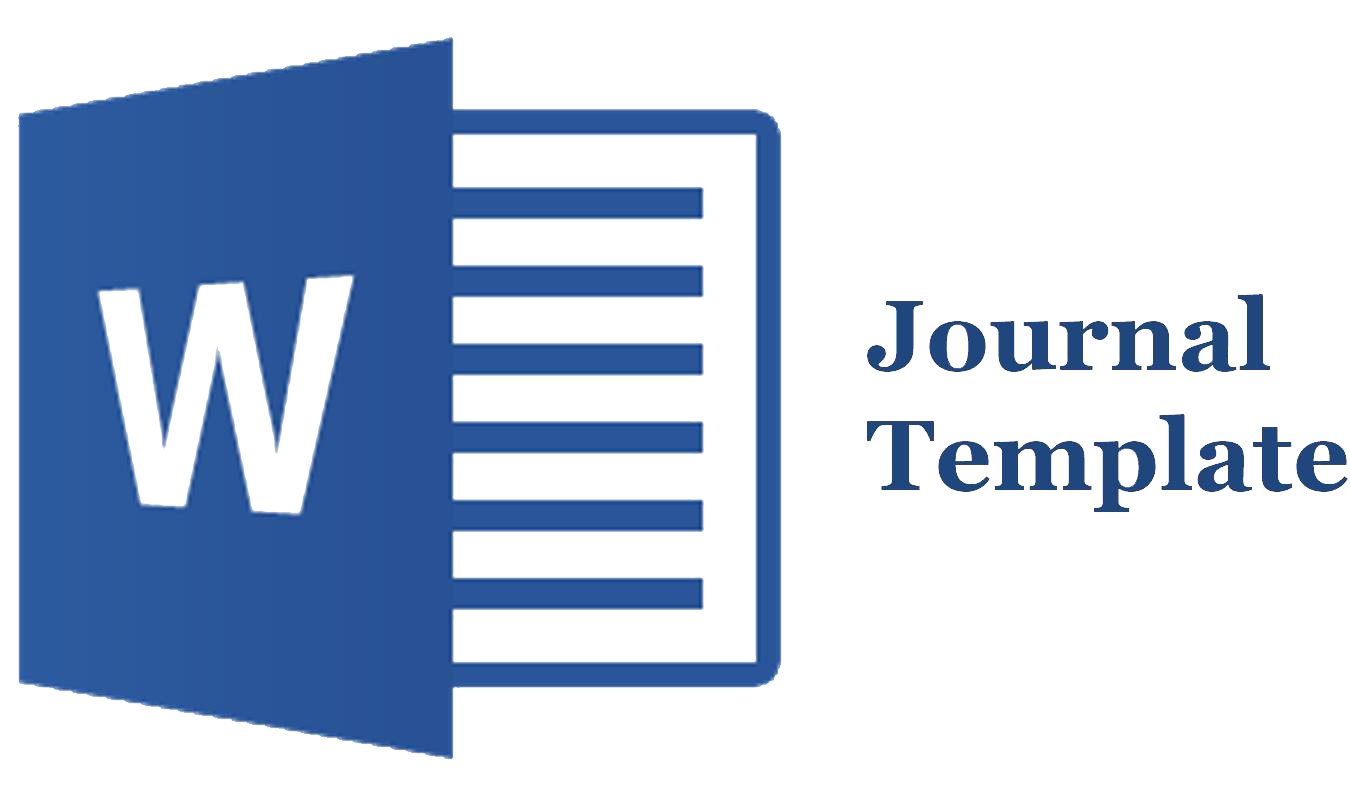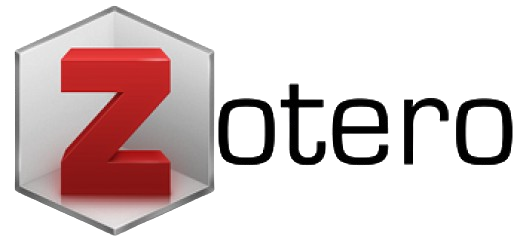Dynamics of KSPI's Struggle in Demanding the Right to Increase UMP in 2022
Abstract
The economic situation where prices have increased significantly is not only experienced by the Indonesian state but also the world, this is also in line with the increasing needs of the community in terms of clothing and food. Income that does not go hand in hand with rising prices makes it difficult for workers to meet their clothing and food needs. Therefore, a request was made to the government to be able to increase the Provincial Minimum Wage (UMP) so that it could meet the clothing and food needs of the workers. Therefore, this article is written to look at the struggles of the KSPI workers' group in demanding an increase in the UMP in 2022. The method used is a descriptive-qualitative method through in-depth interviews with informants met at research locations and literature studies. From the research we conducted, it is known that KSPI's struggle to demand an increase in the UMP in 2022 by using the strategic concept they have has not produced the desired results and KSPI continues to carry out their struggle by entering Indonesian politics in 2024 by bringing up the issue of increasing the UMP
Keywords:
Labor Movement, KSPI, UMP IncreaseDownloads
References
How to Cite
Published
Issue
Section
License
Copyright (c) 2023 Aanisah Rizq Amalia, Cantika Sashi Kirana, Debra Faradiba Achwan, Hening Dien Fasikha, Novita Fitrianingsih

This work is licensed under a Creative Commons Attribution-NonCommercial-ShareAlike 4.0 International License.
- Authors retain copyright and grant the journal right of first publication with the work simultaneously licensed under a Creative Commons Atribusi-Non Commercial-Share Alike (CC BY-NC-SA).
- Authors are able to enter into separate, additional contractual arrangements for the non-exclusive distribution of the journal's published version of the work (e.g., post it to an institutional repository or publish it in a book), with an acknowledgement of its initial publication in this journal.
- Every publication (printed/electronic) are open access for educational purposes, research, and library. Other than the aims mentioned above, the editorial board is not responsible for copyright violation.













